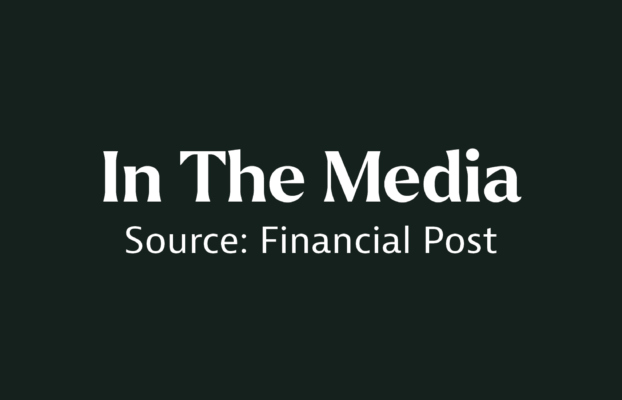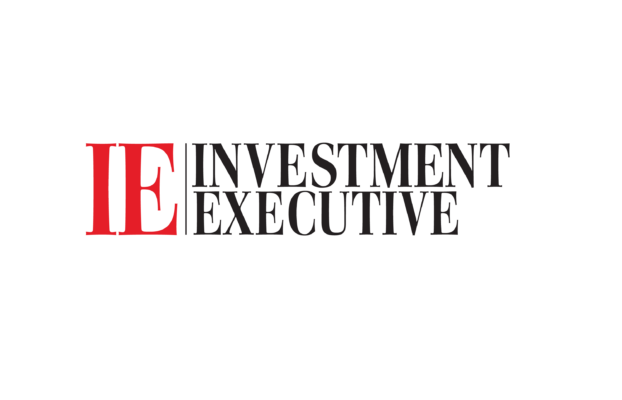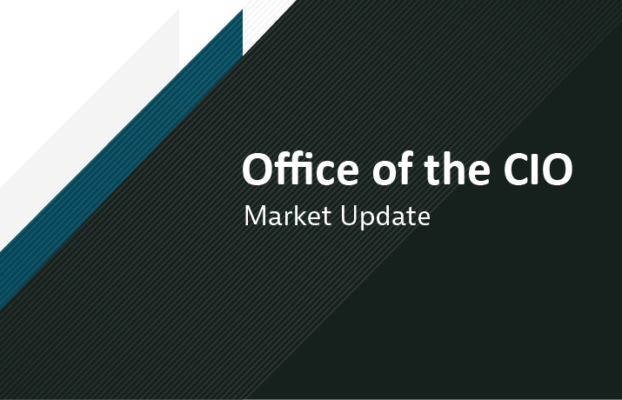Your Money, Your Wellness: Tips to Prepare for Financial Headwinds
Author: Sarah Mawji | January 25, 2023
Financial Wellness Month this year will be one of the most important yet.
The start of a new year is an excellent time to focus on getting your financial house in order. It’s a common resolution for the new year — except that this year is different. It’s poised to bring its own challenges with concerns about financial headwinds.
“According to research by Russell Investments who quantify the value of advice by a financial advisor on an annual basis, the value-add in 2022 was 4.91%, versus clients who did not work with a professional,” says Mark Pinto, President of Harbourfront wealth Management.
“Increasing inflation rates, decreased purchasing power and less room to wiggle, financially speaking, — following unaccounted for and high spending over the holiday season, makes January a valuable time to get serious about one’s finances,” says Mark.
Additionally, “with Q1 also being the final period to top up on the previous year’s TFSA contributions, and with tax planning season ahead, now is the time to make personal finances a priority.”
Households across Canada have adopted a protection mindset to mitigate the risks of sailing through a financial storm. Many are becoming more intentional about where and when to take risks in the face of dwindling savings accounts and overstretched budgets.
The byproducts of working to cool an overheated economy are setting in, and while we’re currently in a holding pattern waiting to see what’s to come – whether we’ll be facing a long-term recession or a short-term correction – there are steps you can take now to insulate yourself and to set yourself up to become more financially well.
Financial wellness is not just about money. It is a critical piece of your overall health and can provide you with the ability to reach your goals and the flexibility to pursue your dreams.
Review Your Financial Plan
The first step to keeping your finances in check is to revisit and review your financial plan. First on your own, then with your advisor.
Look to see if you can spot any red flags and think about risks and what’s making you feel nervous. Do you see any areas that hold potential risk?
Consider the changes in your life and financial situation.
- Do you have a new baby on the way, or other family updates?
- Will you buy a new car or move into a new house?
- Has your incorporation structure changed?
- When do you want to retire?
- Are you planning for big-ticket items, like your next family vacation?
Don’t leave out anything you think your advisor should know.
Debt Management
This is at the top of the list for most considering two-thirds of Canadians carry some level of debt, and while it’s not bad to have debt, it must be managed well.
When it comes to credit card debt, which reached an all-time high for Canadians in 2022 — paying this off as soon as possible must be a priority in our current environment. This can affect your ability to borrow and take out loans as Lenders are saying it will become increasingly difficult to qualify for loans, so don’t let any loose ends remain.
Avoid Making Emotionally Charged Decisions
It’s easy to become emotionally charged when the market takes a turn, especially when it feels like your hard-earned savings are going to be lost. There are several things you can do to help prevent any hasty decisions from being made.
Firstly, it’s important to entrust your savings and investments to the right person. Take time to vet a few different advisors to ensure you find one that you connect well with.
Once you have selected an advisor, be an active participant in the process. This will make room to build trust, and that way, when the market takes a turn or when hardships arise, you’ll have full confidence in your advisor to put your mind at ease, and they can help prevent any emotionally charged decisions from being incorrectly carried out.
Investment Opportunities During a Downturn
Check-in regularly with your advisor for updates on the market, but keep in mind no one, not even financial experts, can accurately predict when the markets will fully recover.
It’s important to explore your options which for many rights now look like dabbling outside of the public equity markets and further diversifying. Adding private investments into your portfolio is one way you can diversify your investment portfolio, as there are tons of asset classes under private investments.
Now is the time to reach out to your advisor for investment guidance. The start of the new year is a great time to get your finances in order and plan for the year ahead.
Disclaimer:
All comments are of a general nature and should not be relied upon as individual advice. The views and opinions expressed in this commentary may not necessarily reflect those of Harbourfront Wealth Management.The asset classes featured in this piece are for illustration purpose only and should not be viewed as a solicitation of buy or sell. While every attempt is made to ensure accuracy, facts and figures are not guaranteed, the content is not intended to be a substitute for professional investing or tax advice. Always seek the advice of your financial advisor or other qualified financial service provider with any questions you may have regarding your investment planning.



Navigating Current Market Turmoil
21 March 2025